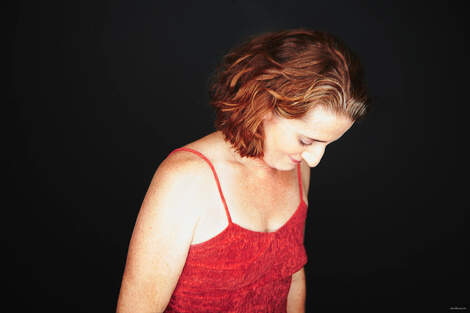Writing
Sarah Weatherwax Writing

About Sarah
Sarah’s multi-faceted career is that of an actor, voice teacher, communication coach and voiceover talent. Everything having to do with communication and artistic expression fascinates her.
Writing is also an important part of her life. She was delighted to find that when she began working on her speaking voice all those years ago, writing of all types flowed with so much more ease. She has since worked with a few writers on their speaking voices and they have consistently said that doing a voice warm-up before writing really helps.
See below for more about her writing and to read a sample of her ‘Corona Poems.’
Click To Learn More...
Fiction
In 2009, Sarah’s short story “CRAVING CLEANLINESS” was one of ten finalist entries out of more than 500 submissions in an international
Non-Fiction
In the fall of 2020, Sarah published an article about voice in the internationally distributed academic journal Voice & Speech Review
Writing to Survive
Sarah filled dozens and dozens of notebooks with daily impressions of life in New York City when the twin towers came down.
Fiction
In 2009, Sarah’s short story “CRAVING CLEANLINESS” was one of ten finalist entries out of more than 500 submissions in an international literary competition, The Sheldon Currie Fiction Prize for ‘The Antigonish Review.’ In 2020, her story “FORGETTING” was long-listed in a competition run by ‘The Masters Review.’ Although not yet published, she has written a novel and almost twenty short stories in total. She produced an evening of readings by ‘not-yet published’ novelists at The Free Times Cafe in Toronto in 2009. The MC for the event was actor/playwright/author Diane Flacks, who also contributed with a reading of her own.
Non-Fiction
In the fall of 2020, Sarah published an article about voice in the internationally distributed academic journal ‘Voice & Speech Review‘ edited by Rockford Sansom, produced by VASTA (Voice & Speech Trainers’ Association, of which she is a member) and published by Taylor & Francis Group. Her article, ‘Reflections on Voice: The Ripple Effects of a Free Voice’ can be viewed by fellow VASTA members at no charge. Interested non-members, feel free to email Sarah at sweatherwax@rogers.com to request a link to read the article.
Writing to Survive
Sarah filled dozens and dozens of notebooks with daily impressions of life in New York City when the twin towers came down. She was living in Manhattan at the time, having re-located there to observe Kristin Linklater teach voice to the MFA Acting students at Columbia University. Sarah journaled copiously throughout her five years of voice teacher training, but never more so than in 2001.
Almost every night for three months she fell asleep with her pen and notebook in her lap, as she tried to document in words every single moment of her waking life. She took photos of military personnel, fire fighters and rescue workers – with their permission – when they were leaving Ground Zero for a break from their gruelling, gruesome work. She sat for hours at her local coffee shop, writing about the photos and flowers and candles that festooned fire stations and parks, about conversations overheard at pop-up outdoor jazz concerts, about violent, vengeful graffiti showing up on buildings, about tacky 911 posters, placemats and souvenirs that were being bought and sold within 24 hours of the catastrophe. She wrote about the minutiae of life continuing for Central Park squirrels, about the noticeable lack of ‘cat-calls’ on the NYC streets for almost a week, usually a constant part of the city’s soundscape for young women, brought into relief by its temporary absence. She wrote about her struggle to find work, as all the hospitality ‘day-jobs’ usually staffed by actors had disappeared, and about a surreal job interview for a catering company in the Ground-Zero area, during which one of the young kitchen staff learned that his grandmother’s remains had been found. He interrupted the interview to ask to go home to be with his mom, and of course his employer granted his request, asking only that he ‘punch out’ first. The radio played in the background as he spoke to his boss, as it did almost everywhere in the city in the early days, keeping people informed and connected as it has since its invention whenever crisis hits the world.
She wrote down the words she heard spoken by a young man who barely escaped with his life from the third tower moments before it also crumpled to earth. He ran out of the building after seeing people through his office window jump to their deaths to escape the fire ravaging the top of one of the twin towers.
The taste and smell of metal, glass and people that turned to ash in a heartbeat thickened the air for weeks and no scarves or masks could keep it at bay. She wrote to survive emotionally, to remember the details forever and to honour the pain that was palpable in the air and stuck in the back of her throat.
In 2020, the need to write to survive emotionally again took hold, this time in the form of short poems that occurred so often, and with such force, that if she did not write them down, her head hurt. She could feel the band of pressure around her forehead release as she wrote.